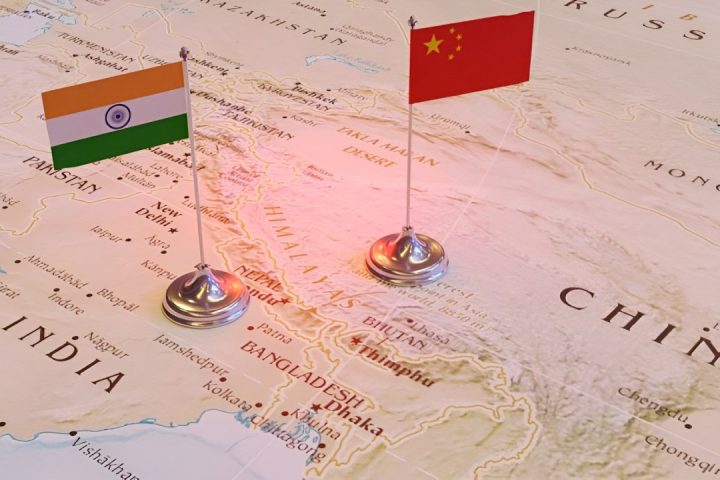China‘s most senior military official, General Cang Youshia, Vice Chairman of the Central Military Commission, warned that “unreasonable provocations” in maritime sovereignty disputes would be met with “strong measures”.
General Cang spoke at the 19th Western Pacific Naval Symposium entitled “Oceans Sharing a Common Future” in the Chinese port city of Qingdao on the Yellow Sea coast.
Emphasizing that maritime disputes should be resolved through dialogue, not cold war logic, Cang said, “China is always committed to resolving maritime disputes peacefully through direct friendly consultations with relevant countries, but will protect its legitimate rights in the face of deliberate violations of its sovereignty and take strong measures against unreasonable provocations.”
STRONG MEASURES AGAINST UNREASONABLE PROVOCATIONS
Emphasizing that the Chinese armed forces will defend the unity and national interests of the country, Cang said, “We will not be a troublemaker, but we will not be afraid of trouble.”
Cang’s remarks coincided with the start of the annual Balikatan military exercises between the United States and the Philippines in the South China Sea at a time of heightened tensions between China and the Philippines.
Launched in 1988 with the participation of 29 countries in the Western Pacific, the Western Pacific Naval Symposium is being held in China for the second time. The symposium was attended by countries including the United States, Russia, Japan, South Korea, Australia, Australia, France, the United Kingdom, Cambodia, Chile, India, Indonesia and Pakistan, while no representative from the member country Philippines took part.
SOUTH CHINA SEA DISPUTE
The South China Sea has been at the center of sovereignty disputes between the countries in the region since the end of the Second World War, when the littoral states gained their independence.
China claims sovereignty over 80 percent of the South China Sea with the map it first published in 1947, while the Philippines, Vietnam, Brunei and Malaysia also claim rights in the region rich in underground resources.
In addition to the countries in the region, the US opposes China’s construction of bases on the disputed islands in the region and its presence with its military elements as well as its fleet of civilian ships.
It is observed that the US has recently increased its military patrol and navigation activities, which it calls “Freedom of Navigation Operations” (FONP), against China’s increasing presence in the region.
In 2016, the Permanent Court of Arbitration in The Hague ruled that China’s unilateral sovereignty claims in the South China Sea were illegal, in a decision made upon the application of the Philippines. The Beijing administration had stated that it did not recognize the decision.




